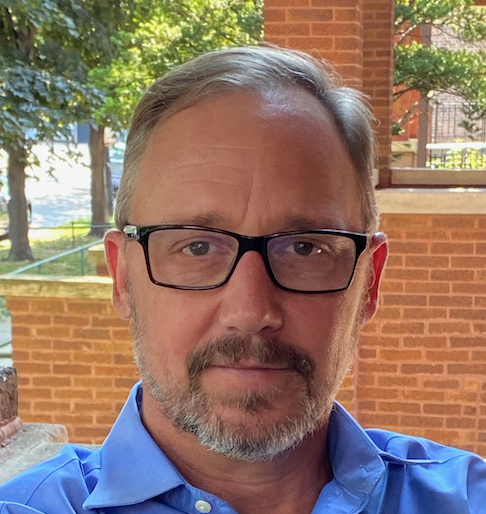‘I Am Not Adjudicating These Issues’
November 17, 2023
MIT president Sally Kornbluth responds to constant calls to "take sides" on complex questions in a roiling world.
Last summer our organization facilitated a founders’ meeting of the Higher Education Leadership Communication Council—a group of people who help higher-ed leaders communicate.
Just in the nick of time, it seems.
Two of our member schools, the Massachusetts Institute of Technology and Williams College, have recently done the group proud and done the larger higher ed community good, by standing up to the armies of disingenuous people from every corner of our sick civic life who feign head-shaking disbelief that university presidents can’t seem to “get it right” when it comes to communicating messages on contentious social issues, in a terribly divided society. And if only such leaders would have the courage and the clarity to “say what needs to be said,” we wouldn’t have all these disagreements anymore.
In the wake of disruptive protests and counter-protests on its campus, MIT was becoming the latest university to take its turn in the barrel for not managing to say exactly what everyone on every side of the Israel/Hamas, Jewish/Palestinian issue wants to hear. MIT President Sally Kornbluth has the right attitude about this, it seems to me, and she expressed it in this video yesterday.
The money lines, as far as I’m concerned:
Because MIT is and must be committed to protecting freedom of expression, the intractability of the opposing viewpoints puts us between a rock and a hard place.
We have been asked repeatedly to take sides. We have been told that not taking sides is tacitly endorsing one side or the other. Perhaps most concerning is that some of our actions have been interpreted as side-taking. (And I would acknowledge here that many haven’t taken a side but have sympathy for all parties—and don’t want to be forced to take a side.) But let me emphasize: I am not adjudicating these issues—the whole world is grappling with them.
Our role is to find a way to steer the Institute through this fraught passage—to keep our campus safe and functioning. …
Kornbluth goes on to detail some of the policies the school has put in place and measures it’s taking, before saying: “But in the end, we cannot succeed against these insidious toxic forces with administrative actions and educational programs alone. We can only do it as a community of human beings who—whatever our differences—are committed to treating each other with decency and respect. We need to find a way to live together.”
Kornbluth is only stating what is obviously true, as Williams College President Maud Mandel did with her “un-statement” a month ago:
When I speak as president of Williams, I am speaking on behalf of thousands of people who together make up “the Williams community.” I feel it is both right and necessary for me to do so on topics related to our core educational mission. But when the topics are national and world events—even events that affect us personally, and on which we feel great moral clarity—I do not believe it is the president’s job to speak for the whole community, or even that it is possible to do so. In those moments, my job is to help ensure that the educational opportunities and personal support are in place so that we can reflect, study and decide what we think and believe, individually and collectively.
Now, I think university leaders helped paint themselves into this corner by doing the expedient thing over the last few years, and indulging requests from students, faculty and alums for “strong statements” condemning or expressing horror over an ever-broadening class of travesties on campus and, increasingly, off. But it’s gotten so far out of hand that an important aspect of the leadership communication we need today is university presidents (and CEOs, too)—publicly and strongly reminding people that they are not priests, not King Solomon, not Oz the Great and Powerful and not, folks, your mom and dad.





